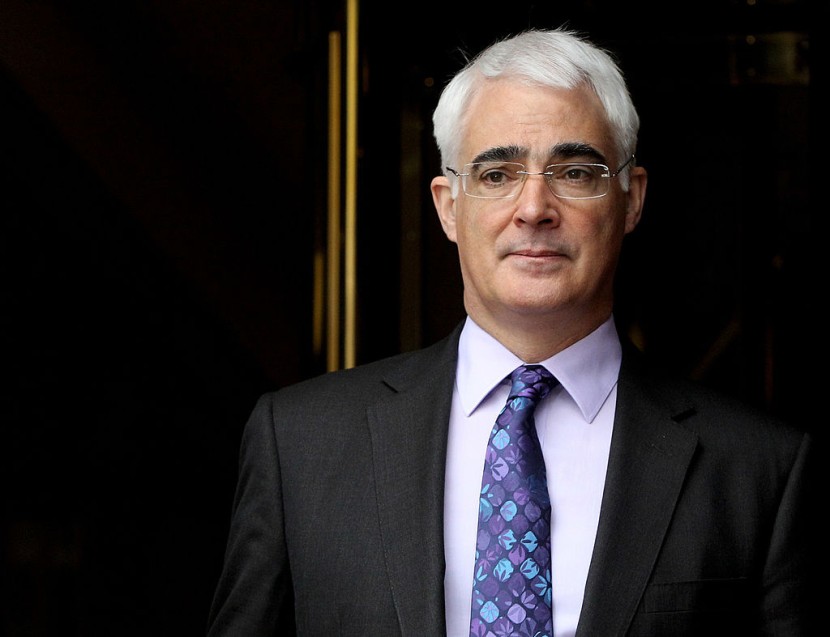Alistair Darling, the former Labour chancellor who led the United Kingdom during the financial crisis of 2008, has passed away, according to a representative from his family. He was 70.
Darling passed away after a brief hospital stay. He was described as a "much-loved husband of Margaret and beloved father of Calum and Anna" in a statement released by his family, BBC reported.
Darling spent 13 years in the government of Tony Blair and Gordon Brown after Labour's sweeping 1997 election victory.
His most notable contribution was to keep the UK economy afloat when half of its banking sector failed.

Embarking on a Career in Politics
Darling's birthplace was in London, but he relocated to Musselburgh, Scotland, to attend the renowned Loretto school.
According to BBC, he first became involved in politics in 1982 after winning a seat in the former Lothian Regional Council, even though his career began as a lawyer.
After waiting five years, he was elected to the House of Commons and was seen as a crucial ally of Gordon Brown and Tony Blair in their efforts to bring the Labour Party into the contemporary era, rebranding it as New Labour.
Ten years later, Darling joined the government and served as chief secretary to the Treasury. Following the failures of Barings and BCCI, he implemented extensive changes to financial regulation.
Delivering Labour's welfare reforms and shouldering responsibility for allocating one-third of the government's budget, he subsequently succeeded Harriet Harman as social security minister, a position now renamed work and pensions secretary.
Darling expressed a desire to be known as "the minister who began to eradicate poverty" while serving in this capacity.
Amid the Financial Crisis of 2008
Brown appointed Darling chancellor in June 2007, and despite his lengthy experience in government, he was unprepared for the almost three-year role. The appointment came at a time when the economy seemed to be cooling down. But the financial crisis that characterized Number 11's reign was unlike anything Britain had experienced in decades.
In the face of public and market-driven bank runs, Darling decision to nationalize Northern Rock and, subsequently, the majority of British banks shaped the international reaction to the financial crisis of 2008. He recalled that the "scariest" part of the financial crisis was that afternoon when the Royal Bank of Scotland contacted him to inform him that they were about to run out of money.
"My initial reaction must have been a bit like that of the captain of the Titanic when he was told by the ship's architect that it would sink in a couple of hours. There were not enough lifeboats for all the passengers," recounted in his memoir.








